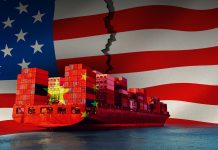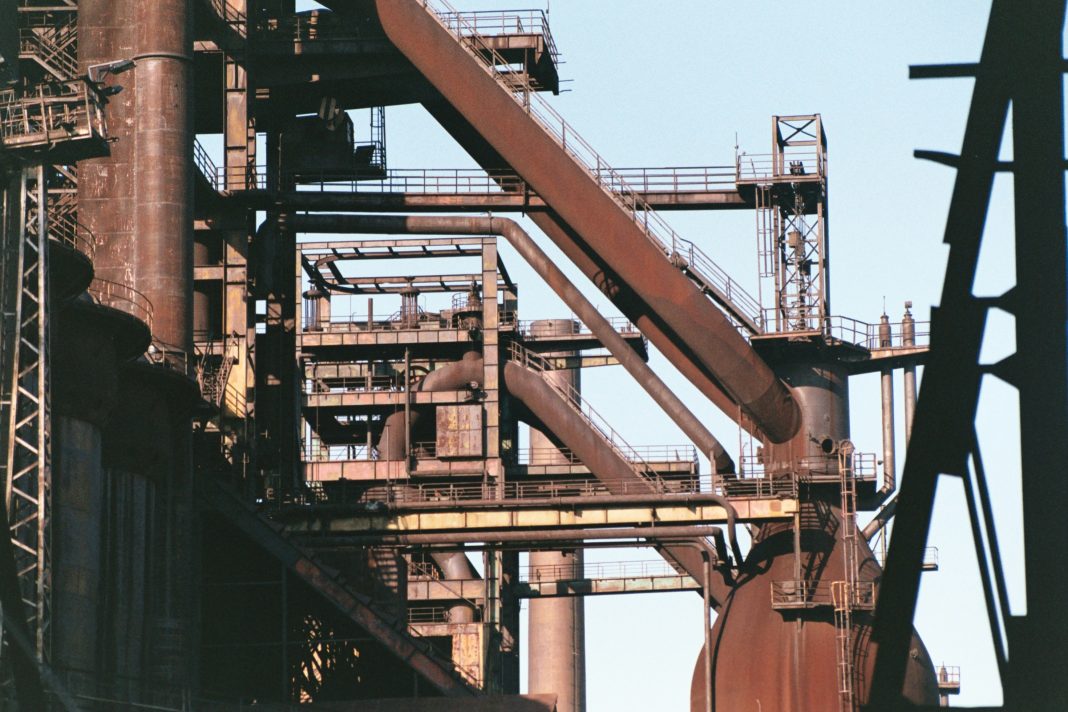Economic damage caused by tariffs outweighs any short-term gain
The EU’s steel tariffs would be a dangerous escalation in protectionism that will harm global trade, say leading audit, tax and business advisory firm, Blick Rothenberg.
Nils Schmidt-Soltau, a Partner at the firm, said: “The US’s tariffs have sparked increasing trade protectionism. Steel tariffs, like the 50% tariff that is planned by the EU, are leading to supply chain disruptions, increased production costs for steel-using industries such as the automotive and construction sectors, and higher consumer prices worldwide.”
He added: “While individual countries or blocks may seek a short-term advantage these tit-for-tat tariffs are fracturing the global trading system, and causing significant harm that far outweighs any perceived short-term domestic gain. A retreat into national economic borders will leave all countries worse off.”
Nils said: “Smaller countries that are sandwiched between larger trading partners that impose tariff barriers, such as the UK, are hit particularly hard. Tariffs by major blocks like the US and EU do not eliminate the supply of cheaper global steel, particularly from countries with significant overcapacity like China, they merely divert it to unprotected markets. This creates an imbalance that threatens countries not ring-fenced by high tariffs.”
He added: “In the case of the UK, a 50% EU import tariff may also render the remnants of the domestic steel industry unviable as 70-80% of UK steel is currently exported to the EU. At the same time more steel from countries with significant overcapacity is likely to flood the UK market, resulting in price dumping.”
Nils said: “De-escalation is urgently needed to limit the destructive effects of this trade war, which in the case of the UK could mean the loss of strategic industries or at the very least ever escalating costs of supporting industries that may have ongoing strategic importance but are no longer economically viable.”
He added: “In the case of the EU steel tariffs, the UK may be able to negotiate duty-free quotas that effectively shield UK steel exports from EU tariffs. This would of course not stop steel exports previously destined for the US and the EU being diverted to the UK.”









































